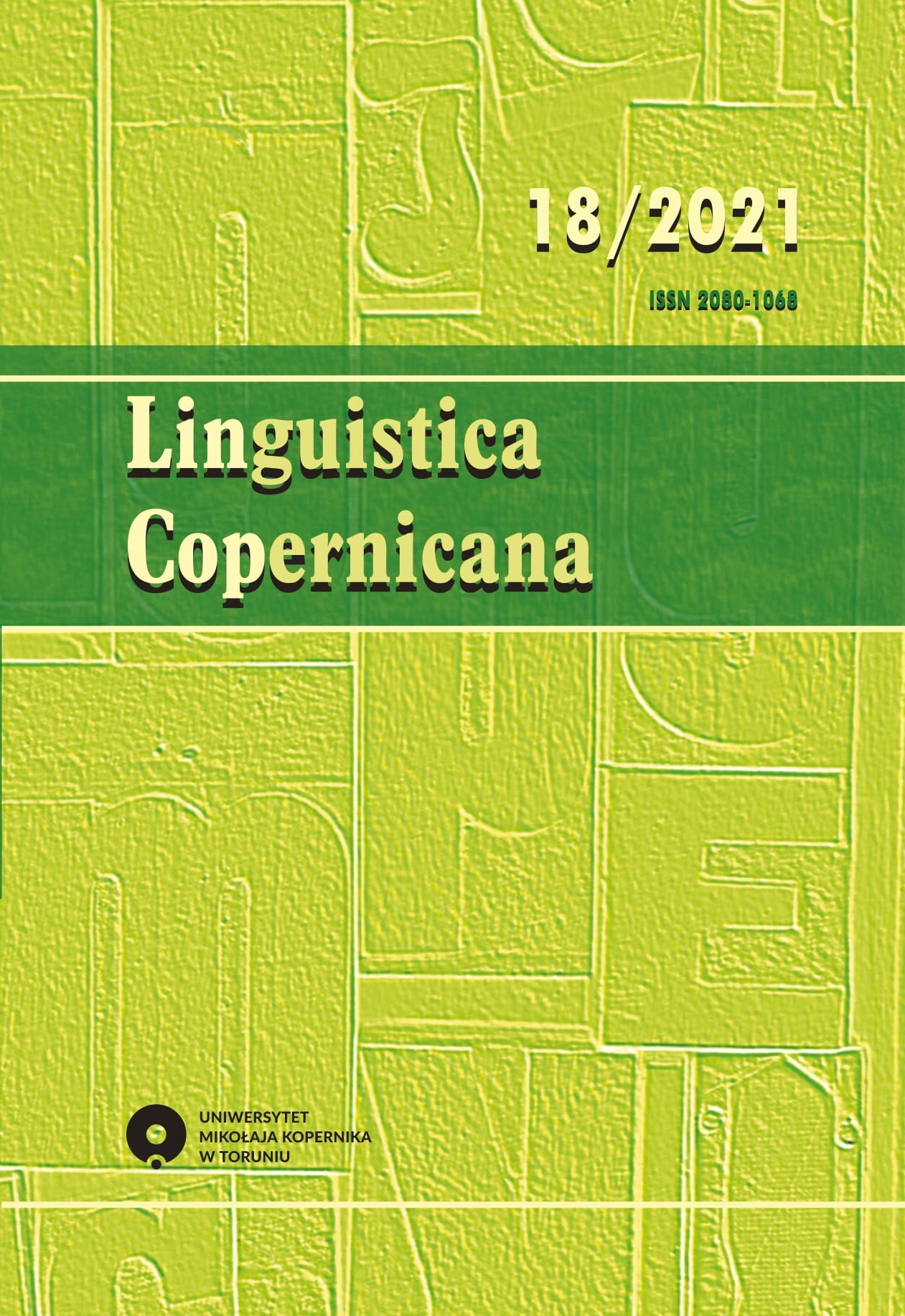Кто «придумал» крамбамбули и его название? – Об извилистых словесных путях и широко игнорируемом процессе словообразования
DOI:
https://doi.org/10.12775/LinCop.2021.002Słowa kluczowe
языковые контакты, заимствованные слова, этимология, правило Алефа-БетаAbstrakt
В данной статье речь идёт об истории названия спиртного напитка, появившегося на свет в Гданьске, в основанной голландцами в конце XVI века винокурне. При этом его название, Krambambuli, встречается в немецком языке только с середины XVIII века; в польском, русском и голландском оно в схожей форме появляется несколько позже. Сам напиток некоторые сегодня считают чисто белорусским. Есть свидетельства о том, что это название активно продвигалось в студенческих братствах немецких университетов XIX века, что сопровождалось его распространением в качестве обозначения спиртных напитков любого рода. Этимология слова на сегодняшний день разрешена только частично, а именно лишь по отношению к элементу kram-. В статье показывается, как с помощью «поэтического» правила словообразования, о котором известно уже несколько десятилетий, но которому практически не придаётся значение, можно объяснить происхождение слова. Немецко-польские языковые контакты могли вместе с тем с самого начала сыграть в этой истории определённую роль, которая вследствие запутанных путей нашего слова из немецкого в русский, оттуда опять в польский, а затем оттуда и в белорусский, со временем утратила свою прозрачность.
Pobrania
Opublikowane
Jak cytować
Numer
Dział
Licencja

Utwór dostępny jest na licencji Creative Commons Uznanie autorstwa – Bez utworów zależnych 4.0 Międzynarodowe.
Statystyki
Liczba wyświetleń i pobrań: 1713
Liczba cytowań: 0



